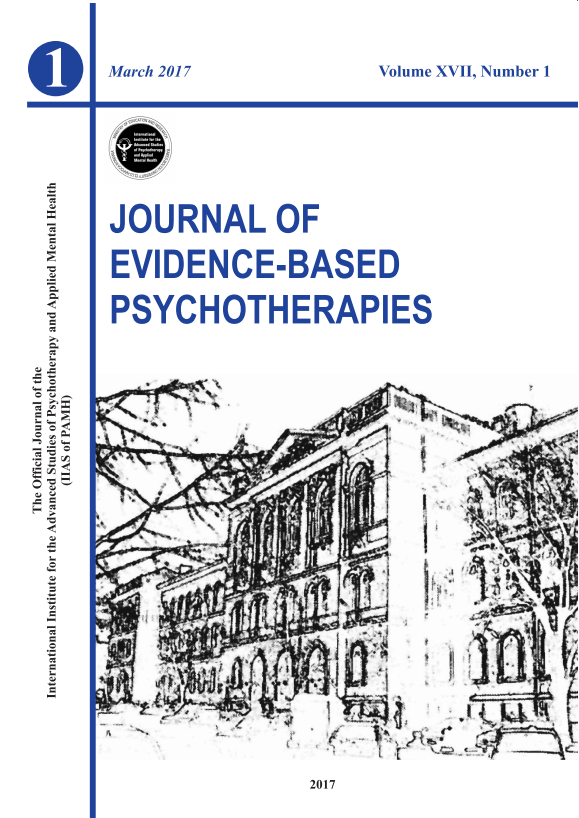selintutkutabur@gmail.com
Selin Tutku Tabur1*, Ercan Akın2, M. Hakan Turkcapar3
1 Hasan Kalyoncu University, Department of Psychology
2 Hacettepe University, Dpt of Guidance and Counselling
3 Social Sciences University of Ankara Department of Psychology
Abstract
It has been suggested by various cognitive behaviour theorists that the perceptual and cognitive characteristics of the preoperational cognitive stage, defined by Piaget as the second stage of cognitive development, manifest themselves in chronic depression and various personality disorders. Although individuals have a formal level of functioning in their work life, they may experience regression to the preoperational domain due to an event in the interpersonal domain. In this study, the relationships between preoperational thinking and psychiatric symptoms (depression and anxiety) and personality traits were analysed. The sample consisted of 61 patients and 102 healthy individuals (104 women, 55 men). Sociodemographic form, Personality Belief Questionnaire-Short Form (PBQ-SF), The Luebeck Preoperational Thinking Recording Scale (LQPT) and Patient Health Questionnaire -9 (PHQ-9) were applied to the participants.
The study results revealed a diverse predictive role of LQPT scores across different personality traits. LQPT is highly predictive for traits like Histrionic and Dependent, moderately predictive for Borderline, Obsessive-Compulsive, and Antisocial, less predictive for Paranoid, Passive-Aggressive, and Narcissistic, and not predictive for schizoid personality traits. The results of this study also showed a significant relationship between an increase in general psychiatric symptoms (depression and anxiety) and an increase in preoperational thinking levels. It was also found that preoperational thinking was significantly higher in patients with psychiatric disorders (GAD, OCD, depression, panic disorder). These findings support the results of previous research that provide a new interpretation of Piaget’s work on the preoperational stage in the context of personality and psychiatric symptoms in adults.
Keywords: personality belief, preoperational thinking.
Please cite this article as: Tabur, S. T., Akın, E., & Turkcapar, M. H. (2024). PERSONALITY TRAITS, PREOPERATIONAL THINKING, AND MENTAL HEALTH. Journal of Evidence-Based Psychotherapies, 24(1), 117-134.
DOI: 10.24193/jebp.2024.1.7
Published online: 2024/03/01
Published print: 2024/03/01
